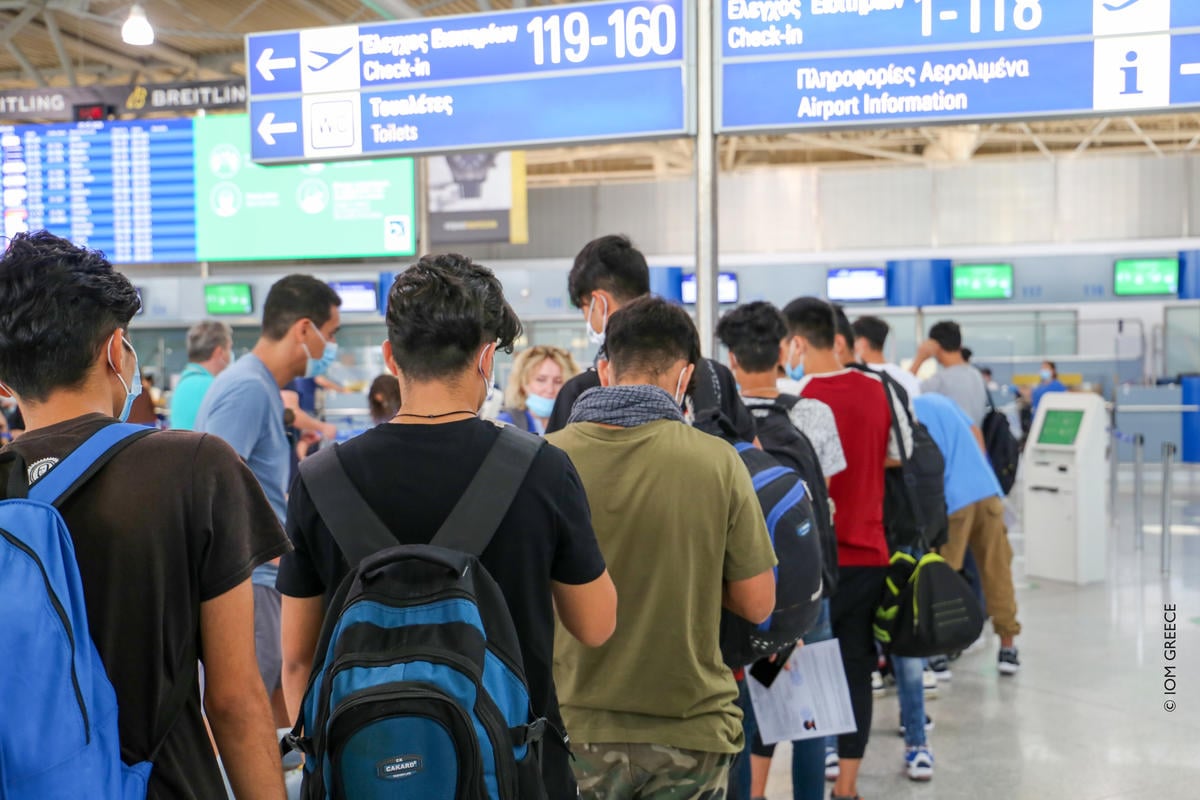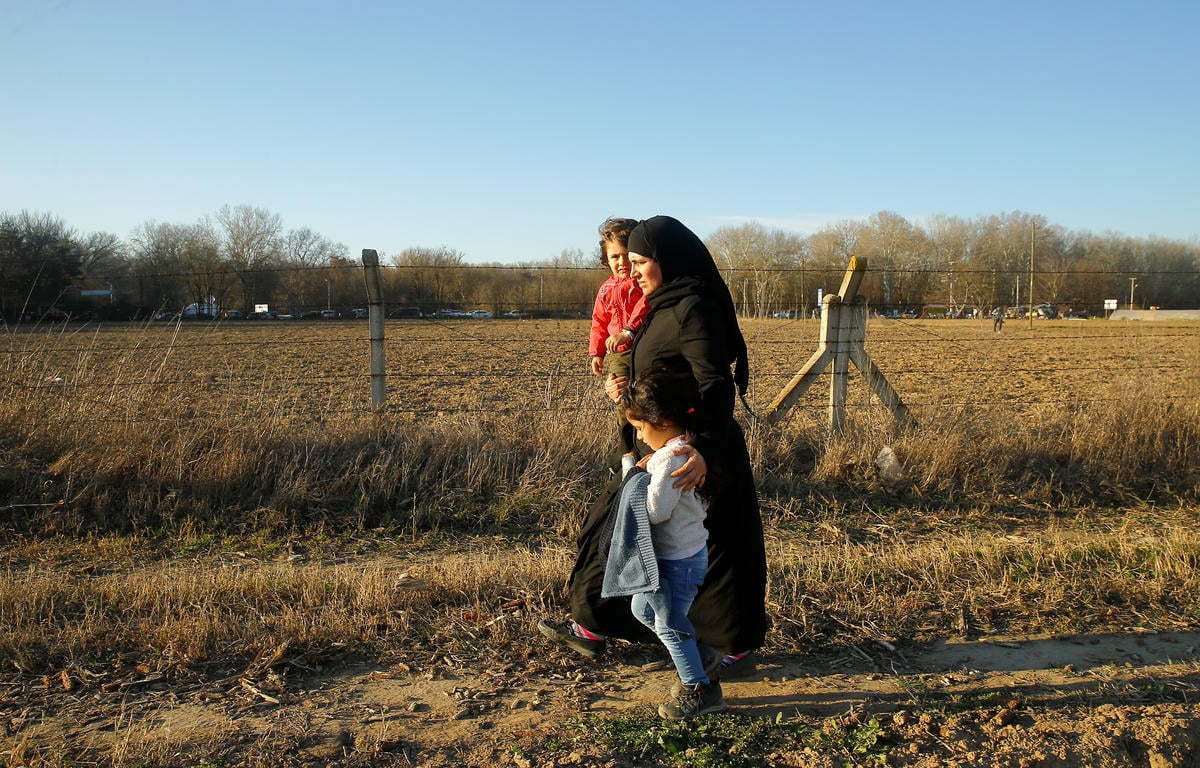Don't let migration concerns skew refugee protection, urges Feller
Don't let migration concerns skew refugee protection, urges Feller

GENEVA, Oct 7 (UNHCR) - The UN refugee agency's top protection official today warned states that politicising the asylum debate will only compromise refugee protection without solving migration concerns. She called instead for multilateral cooperation to share responsibilities and better manage the movement of people.
"Refugees are people, not statistics and global trends. Their protection is a humanitarian necessity, not a policy choice," said Erika Feller, UNHCR's Director of International Protection, as she reported on the past year's refugee protection concerns at the annual 66-nation Executive Committee meeting in Geneva on Thursday.
She noted the sharp fall in global refugee figures as repatriation numbers increase, and welcomed the greater interest of some governments in focusing help on regions of origin, as well as on promoting more burden-sharing in seeking longer-term solutions. Despite these positive developments, refugees and asylum seekers are finding themselves in an increasingly hostile environment, she warned.
"The spirals of violence and human rights violations which produce refugees have continued to take their toll, said Feller, citing as an example the conflict in western Sudan's Darfur region. Physical insecurity persists even in exile, as evidenced by the recent attack on Gatumba transit centre in Burundi that killed more than 150 Congolese refugees. Rape, arbitrary detention, refoulement and closure of borders, non-admission at the frontier or into asylum procedures, are all still part of the downside of protection.
"People continue to suffer. They need, and understandably seek, protection," she said. "The 1951 Convention was drafted in recognition of this fact, with the purpose of identifying the basic rights jeopardised by persecution and conferring an entitlement to protection on persons made otherwise exceptionally vulnerable through being temporarily outside the normal framework of state protection."
This, said Feller, is the continuing contribution of the Convention, which has given voice and force to rights for refugees.
"It is currently in vogue to talk of a new refugee and asylum reality," she noted. "But war and persecution are old, even ancient, realities. So too are the refugees they produce. The problems of the individual refugee are perennial. Confronting intolerance and fear, being a foreigner in someone else's land, searching for a safe haven and waiting for solutions, these are recurring features of the refugee experience."
Feller said she was alarmed by the failure of the asylum debate in certain countries over recent times to properly reflect refugee realities on the ground and to properly take into account the problems of refugees.
While she appreciated governments' migration concerns, she feared that they were skewing the approach to refugee protection. "Refugees are not classical migrants," she stressed. "There are considerable dangers in mixing up refugees and migrants as if they are one and the same. Although we certainly see the interlinkages, refugee protection involves a special set of rights and reciprocal duties on states that is in danger of being eroded when the debate on asylum is seen solely, or largely, in terms of illegal or legal migration."
She stressed, "We need to guard against over-robust approaches to keep migrants from borders, without differentiating between the reasons which propel people to seek to come across."
Effective protection is quality protection, she said. "There is a danger in allowing the debate about who is responsible for an asylum seeker to determine the meaning of the term 'effective protection'. We fear the result will be consensus around the lowest common denominator definition. We doubt whether this will really solve the problems at issue for states. Setting the barrier too low is in fact an incentive to movement and, with it, to a lucrative smuggling trade."
Commenting on proposals on interception and return to countries en route, Feller said, "We do not believe the creation of 'safe zones' or 'protection areas' is the answer to irregular migration. The key ambition should rather be a better managed system, based on multilateral cooperation and the equitable sharing of responsibilities."
She added that unilateral responses should be avoided as they may just shift burdens, but fail to address underlying problems. Solutions lie in initiatives like UNHCR's Convention Plus, which advocates cooperative arrangements that facilitate protection delivery, even while meeting states' concerns about effective management of borders.
Feller concluded, "We recommend resolute leadership at this difficult time, to de-dramatise and de-politicise the essentially humanitarian challenge of protecting refugees."








